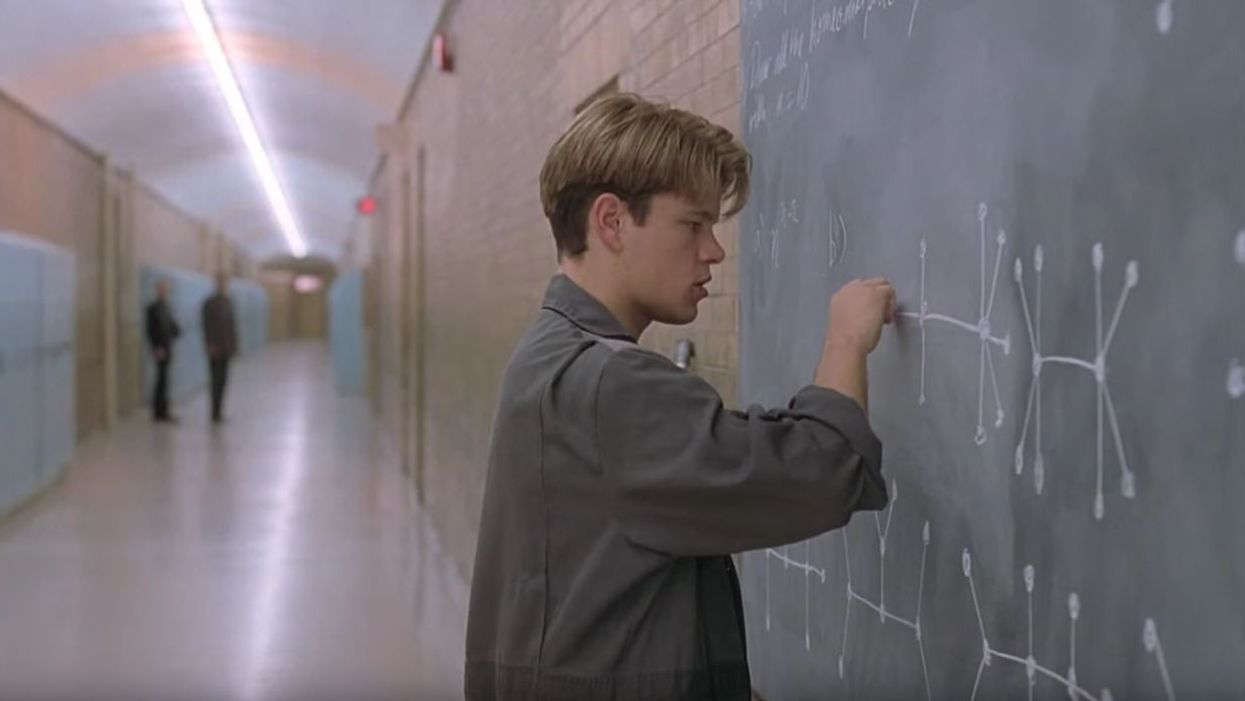Watch: The Myth of the Creative Genius
This video argues for the enduring idea of the creative genius as more myth than reality.

The "genius" as a cultural trope is a testament to the concept's hold over the Western imagination. There are, of course, different types of genius, from the scientific genius minds like Newton and Einstein (able to deduce the laws of the universe from simple observation) to the creative genius (the artist whose work is altogether more mysterious).
As the video from Copy-Me puts it, "Creativity toes a blurry line between magic and genius. Ideas seem to happen in the flash of an instant, works appear to be born whole...and the only real creator is the misunderstood genius, enveloped in a powerful aura of originality."
Although this conventional wisdom is rather, well, conventional, it reveals more nuance than we initially thought. This first installment of the series, The Creativity Delusion, looks at the popular concept of the genius and finds less than meets the eye. Because it can be intimidating to tackle an act of creation where excellence depends on members of a chosen few, check out this video to see how there's both more and less to the idea of genius.
While there are definitely "eureka!" moments to be had in creative endeavors, the cult of the artistic genius is so prevalent that it has led us to "idealize the genius, vilify all 'unoriginal' works, and even misunderstand our own brains." As an example, the video examines the work of Stanford University's Lewis Terman, a scholar who conducted a test of 168,000 children by placing them on a spectrum. Terman eventually identified 1,500 "child prodigies," whom he then tracked for the rest of their lives. While some of the prodigies ended up in creative fields, the most interesting finding was that two members of the non-genius group ended up winning Nobel Prizes (in the sciences), while none of the actual prodigies did. And, more importantly, "no other attempts or follow-ups could ever prove genius was related to creative abilities."
"We idealize the genius, vilify all 'unoriginal' works, and even misunderstand our own brains."
Even cultural myths such as Mozart's oft-quoted remark that “my subject stands almost complete in my mind,” has been proven forgery since the 19th century, and the story of Archimedes' sudden inspiration and exclamation of "eureka!" was actually written two centuries after his death. Even the word "genius" was coined by a racist eugenicist attempting to give a patina of scientific credibility to his findings. If it's daunting to approach a creative undertaking under the best of circumstances, it's even more so so when hamstrung by the idea of the creative genius for whom inspiration descends from the heavens. Against such minds, what hope does anyone have? "When something appears out of nothing, we think there must be something mystical in the mix," but this video goes to show that "you don't have to be superhuman to create" and that perspiration (and of course, some natural ability) get the job done. What are you waiting for?
Source: The Creativity Delusion













